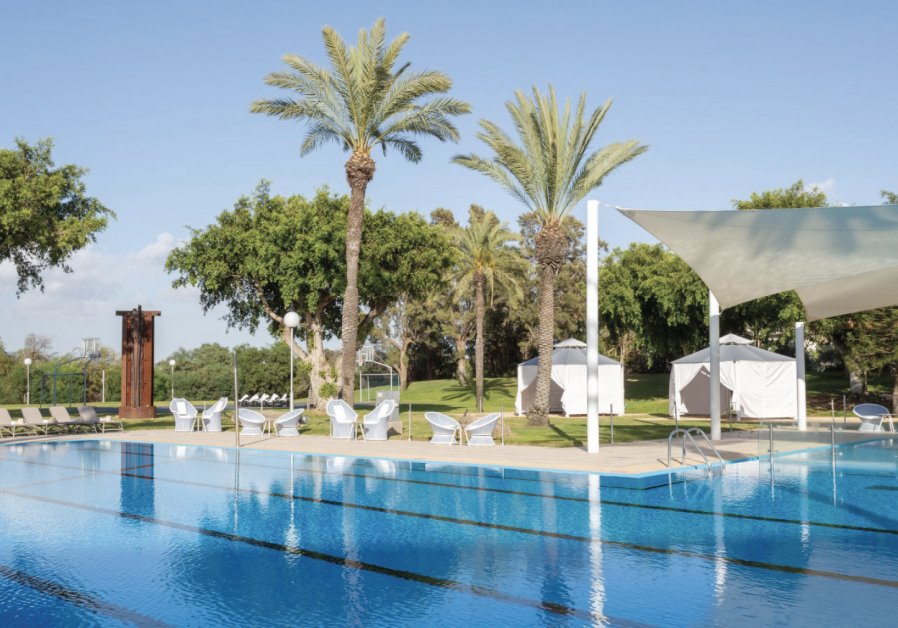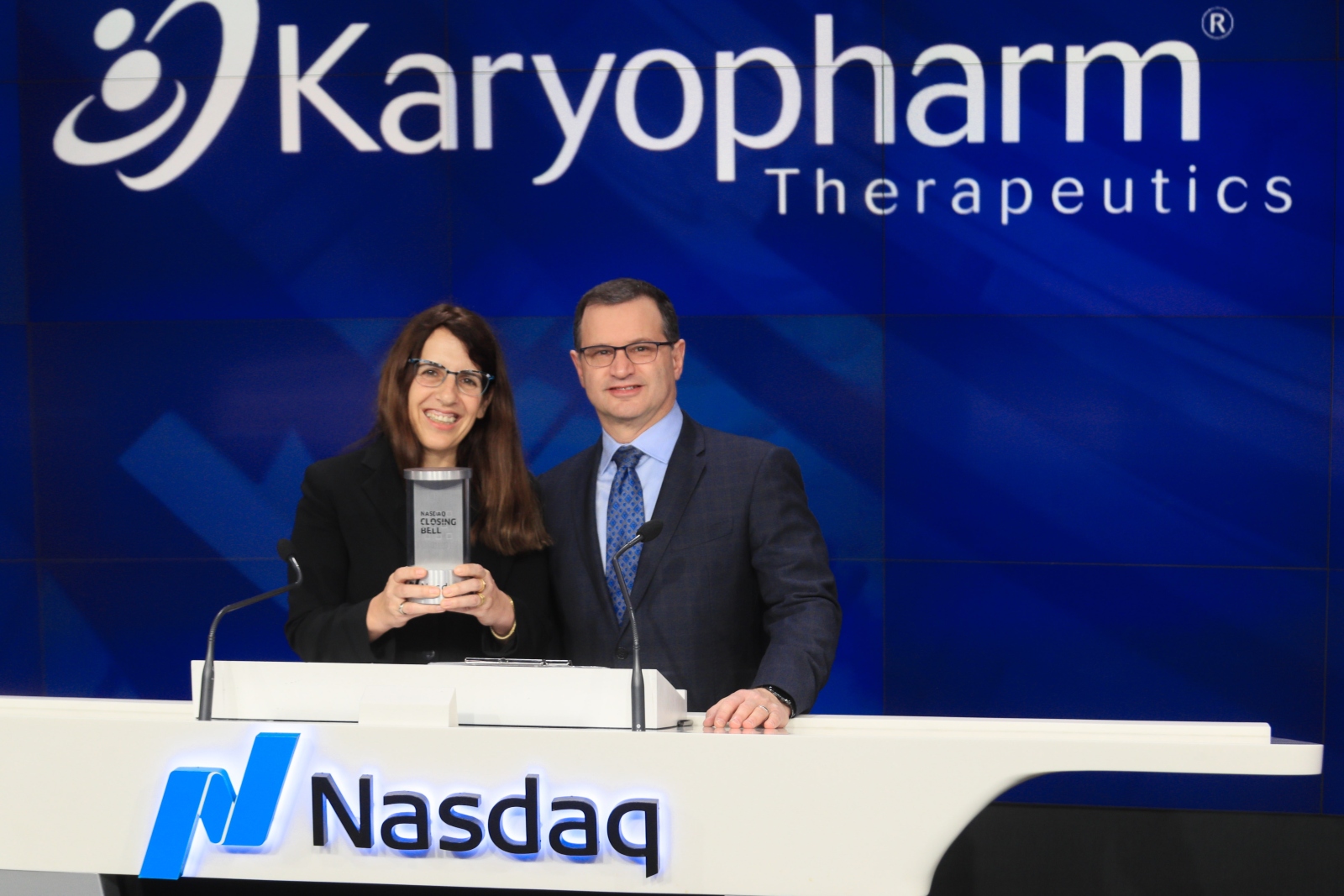 Ilu Polaków zjadła Olga Tokarczuk?
Ilu Polaków zjadła Olga Tokarczuk?
Emil Antipow

Polska słynie z bardzo dobrego jedzenia, o czym dwukrotnie mogliśmy się niedawno przekonać. Chodzi o szczyt Unii Europejskiej dotyczący Brexitu oraz przyznanie literackiej nagrody Nobla.
Nasz premier zauważył, że do sukcesu negocjacji z Wielką Brytanią przyczynił się polski kapuśniak zaserwowany przez szefa kuchni; dzięki temu – jak twierdzi – rozmowy były bardziej owocne. Natomiast po ogłoszeniu nazwisk nagrodzonych pisarzy w naszych mediach można było usłyszeć, że Olga Tokarczuk jest „polakożercą”. Jak widać polskie dania czynią cuda, a że nie ma nic bardziej polskiego niż my sami, wydaje się, że to właśnie arcypolska dieta była przyczyną wyróżnienia pisarki. W tym kontekście przychodzi na myśl kilka istotnych pytań: ilu Polaków trzeba zjeść, by zostać polakożercą oraz czy wegetarianie też mogą nimi być?
Werdykt Akademii Szwedzkiej nie wszystkim się spodobał. Pomimo corocznych pogłosek, że bliski otrzymania nagrody jest Adam Zagajewski, niektóre z naszych instytutów kultury promują za granicą innych „wybitnych” pisarzy, takich jak Rafał Ziemkiewicz czy Wojciech Wencel. Niestety, nagrodę otrzymała Tokarczuk, co stało się przyczyną relatywizacji tego wyróżnienia.
Takiego zdania jest m.in. senator PiS Waldemar Bonkowski, który sprzeciwiał się głosowaniu nad uchwałą dotyczącą pisarki. Na początku stwierdził skromnie, że nie będzie mówił o literaturze, bo się na tym nie zna, po czym dodał, że propagowanie przez nią kultury polskiej w świecie jest dyskusyjne. Tokarczuk „była jednym z kilku polakożerców. Bardzo źle się wyrażała o Polakach, rzekomo, że Polacy byli właścicielami niewolników, że mordowali Żydów i tego typu historie, ona i wielu jej podobnych”. Ponadto, senator jako osoba, która nie zna się na literaturze, uważa, że „ostatnio Nagroda Nobla się zdewaluowała, […] dostają głównie wszelkie wyróżnienia ludzie z lewackich środowisk, a szczególnie, jak ktoś szkaluje Polskę to jest nagradzany. Czesław Miłosz […] zachowywał się jak wróg Polaków, noblistka Szymborska ody do Stalina pisała, a obecna noblistka bardzo źle się o Polakach wyrażała, że byliśmy wrogami. Dla mnie to jest nie do przyjęcia”.
Senatorowi chodzi prawdopodobnie o jedną z wypowiedzi Tokarczuk dotyczącą polskiej historii: „Myślę, że trzeba będzie stanąć z własną historią twarzą w twarz i spróbować napisać ją trochę od nowa, nie ukrywając tych wszystkich strasznych rzeczy, które robiliśmy jako kolonizatorzy, większość narodowa, która tłumiła mniejszość, jako właściciele niewolników czy mordercy Żydów”.
Wypowiedzi takie wywołują u niektórych rodaków gwałtowną reakcję, włącznie z obrażaniem i tworzeniem absurdalnych neologizmów. Jest to forma obrony przed niewygodną prawdą o przeszłości oraz przejaw braku odpowiedzialności za własną historię. Bronią oni swego zdania poprzez atak, budowanie szczelnej, retorycznej skorupy, izolującej od opinii innych itp. Trudno powiedzieć, żeby te osoby nie zgadzały się z oponentami, ponieważ nie dają im szans na dyskusję. Nie ma tu konfrontacji poglądów, a bezstresowe wychowanie historyczne nie zakłada żmudnego ustalania stanu faktycznego, lecz propagowanie objawionej wizji rzeczywistości. Na pytanie, jak sprawdzić, czy Tokarczuk ma rację, jest tylko jedna odpowiedź: ona nie ma racji.
Tego rodzaju zachowanie dziwi i zmusza do szukania jego przyczyn. Jak się wydaje, mamy tu do czynienia z jednoczesnym kompleksem wyższości i niższości. Wyższość zakłada, że nie jest przewidziana żadna debata; wszystko zostało już ustalone; jest jasne i oczywiste. Każda relatywizacja jest kłamstwem, każde spojrzenie z innej perspektywy opiera się na złych intencjach i przeczy historii. „Stąd każdy Polak – pisze w Niemytych duszach Witkacy – ma tendencje do wspinania się choćby na palcach, aby wydać się wyższym, i do tworzenia sobie tego, co nazywam «kołpakiem napuszenia», sztucznej nadbudówki ponad siebie, pustej, a dekoracyjnej, mającej omamić drugich co do istotnej wartości głowy, która się pod tym kołpakiem kryje”.
Niższość ujawnia się w sytuacji, kiedy nawet najdrobniejsze i nieznaczące wypowiedzi wywołują alergiczną reakcję i traktowane są z nadzwyczajną powagą. Jakby gmach naszej tożsamości miał się zawalić od błahej opinii zagranicznego polityka, którego na miejscu nikt nie traktuje poważnie. W ten sposób duma naszej historii przykrywana jest przez strach i resentyment. „Ba, ba, pamiętam, znałem przed laty pisarza – mówi Gombrowicz w Ferdydurke – któremu na wstępie kariery pisarskiej napisała się książka heroiczna. […] Daremnie nieszczęsny heroik wstydził się i krył się […] aż wreszcie pod koniec kariery pisarskiej był już zupełnie taki sam i heroiczny – cherlak heroizmu swego. I tylko unikał jak ognia kolegów i towarzyszy z czasów dojrzewania, ci bowiem nie mogli nie dziwić się całości, która tak ściśle do części się dopasowała. I wołali na niego – Hej, Bolek! A pamiętasz ten paznokieć… ten paznokieć… Bolek, Bolek, Boluś, paznokieć pamiętasz na zielonej łące? Paznokieć? Paznokieć, Bolo, gdzie jest?”.
Niewiele zatem trzeba, żeby otrzymać etykietę „polakożercy” bądź „zdrajcy”. Wystarczy jedna wypowiedź sprzed lat, która godzi w jakiś współczesny dogmat, a od razu można znaleźć się na liście anty-Polaków. A z tej trudno się wypisać, nie ma odwołania, a i o przebaczenie nie łatwo. Dyskusja się kończy, a osoba ta latami może być postrzegana przez pryzmat jednej wypowiedzi.
Jednak mechanizm ten działa wybiórczo; jednym wypominane jest każde nieprawomyślne słówko, wypowiedzi innych dziwnym trafem są pomijane lub wyciszane. Tak było w przypadku Jarosława Kaczyńskiego, którego słowa z kwietnia 1998 roku przeszły w zasadzie bez echa. Mówił wtedy o dwóch modelach działalności rosyjskiej w Polsce. „[…] Drugi wzorzec nazywam targowickim. Charakteryzuje go odwoływanie się do wartości tradycyjnych, katolickich, narodowych. Prorosyjskość ubrana jest tam w maskę patriotyczną. Czyż Targowica nie była właśnie narodowa, katolicka, czyż nie pałała szacunkiem do polskiej przeszłości?”. Mimo takich stwierdzeń nikt nie odsądzał prezesa od czci i wiary, nie podważał jego polskości, nie stosował najwyższego stopnia przymiotnika…
To pokazuje, że wiele stanowczych opinii odnośnie do osób publicznych ma na celu nie opis rzeczywistości, a szykanowanie przeciwnika i wmawianie tego innym. Trudno wtedy o szacunek niezbędny w kontaktach międzyludzkich. „Twierdzę, że zasadniczym stosunkiem Polaka do Polaka jest wzajemna pogarda, jeśli nie naturalna, to sztuczna, a to jest jeszcze gorzej” – znowu Witkacy.
Minister kultury i wicepremier przyznał się, że nie przeczytał do końca żadnej z książek Tokarczuk. Czy teraz, po otrzymaniu przez nią najbardziej prestiżowej nagrody literackiej, spróbuje przebrnąć przez którąś z nich?
Zawartość publikowanych artykułów i materiałów nie reprezentuje poglądów ani opinii Reunion’68,
ani też webmastera Blogu Reunion’68, chyba ze jest to wyraźnie zaznaczone.
Twoje uwagi, linki, własne artykuły lub wiadomości prześlij na adres:
webmaster@reunion68.com





